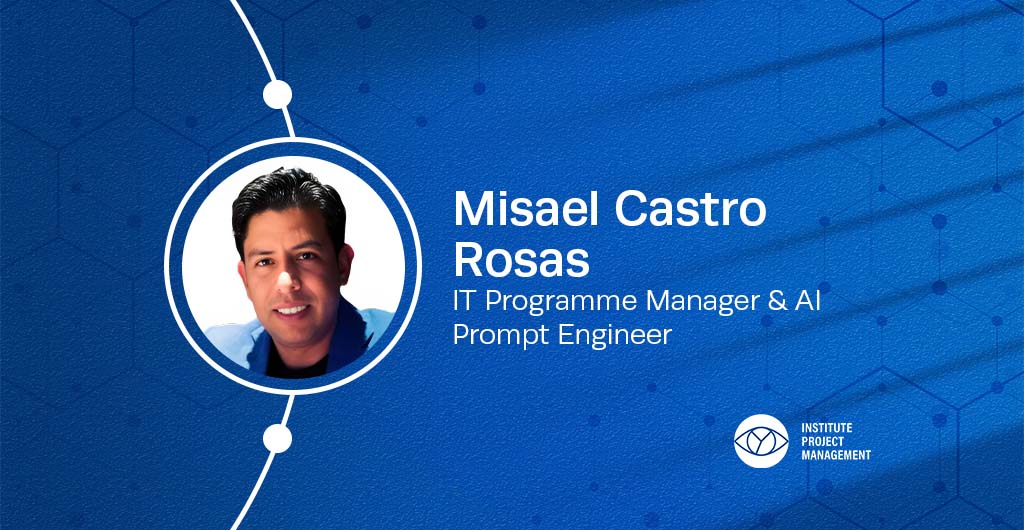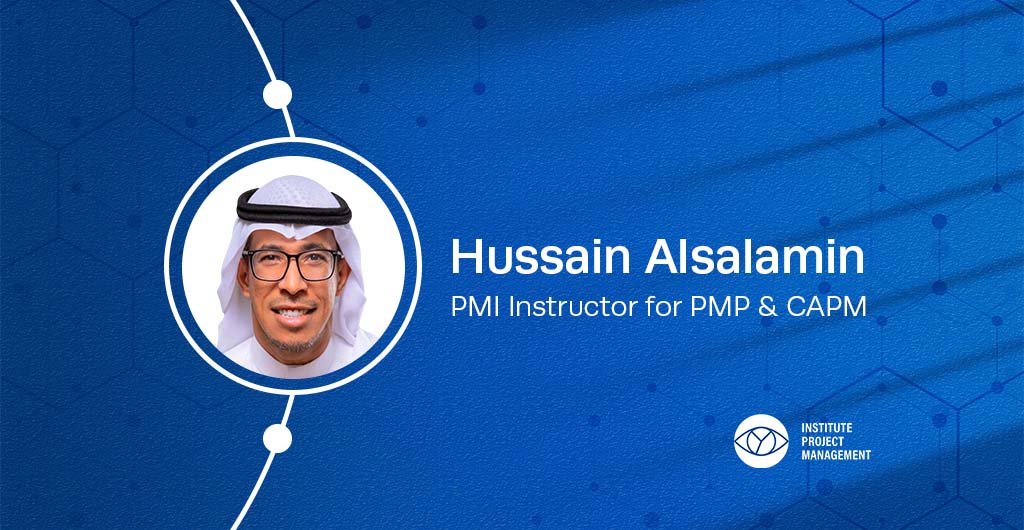Need advice? Call Now, Schedule a Meeting or Contact Us


Speak to an advisor
In this article, Hissah Ben Zuayer discusses the strategic advantages of building an elite internal consultancy within organisations.

In today’s dynamic business landscape, an organisation's ability to adapt and innovate is paramount. A key strategic initiative that has proven transformative for many organisations is establishing an internal consultancy line. This initiative not only enhances project management capabilities but also focuses on talent development, people investment, and knowledge management. By doing so, companies can transition from a reliance on external consultants to building a robust internal consultancy capacity, thereby fostering sustainable growth and competitive advantage.

The journey towards establishing an internal consultancy often begins with a critical observation: the valuable knowledge and experience gained from external consultancies often remain siloed, hindering knowledge transfer and cost-effectiveness. For many leading organisations globally, this realisation has prompted a strategic intervention for change. The goal is to harness internal expertise, thereby reducing dependence on external consultants and fostering a culture of continuous improvement and innovation.
The transformation to an internal consultancy model is underpinned by several key pillars: project management, talent development, people investment, and knowledge management.
Project management serves as the cornerstone of this transformation. Effective project management ensures that internal consultancy projects are executed with precision, efficiency, and alignment with the organisation’s strategic goals. By developing a robust project management framework, companies can ensure that projects are delivered on time, within budget, and to the required quality standards.
This involves implementing standardised project management methodologies, such as Agile or PMP, PgMP, and PfMP which provide a structured approach to planning, executing, and monitoring projects. Additionally, tools like Earned Value Management (EVM) and risk management frameworks can enhance project oversight, enabling better decision-making and resource allocation.
Talent development is at the heart of establishing an internal consultancy. Organisations need to invest in their employees, equipping them with the skills and knowledge required to deliver high-quality consultancy services. This involves creating specialised training programmes that go beyond traditional academic learning, offering hands-on experience and real-world problem-solving opportunities.
For instance, by leveraging the company’s existing project management expertise, organisations can develop specialists across diverse areas, such as strategy management, data science, investment, and more. These specialists receive targeted training that includes case studies, simulations, and mentoring from experienced professionals. This approach not only enhances their technical skills but also fosters critical thinking, leadership, and communication abilities.
Investing in people is crucial for the success of an internal consultancy initiative. This means creating an environment where employees feel valued, motivated, and empowered to contribute to the organisation’s success. Companies need to adopt a comprehensive approach to people investment, encompassing not only professional development but also employee well-being and engagement.
One effective strategy is to implement a comprehensive talent management programme that includes career development plans, performance management systems, and succession planning. By providing clear career pathways and opportunities for advancement, organisations can retain top talent and ensure that their internal consultancy capability continues to grow and evolve.
Knowledge management is a critical component of building an internal consultancy. It involves capturing, storing, and sharing knowledge within the organisation, ensuring that valuable insights and best practices are accessible to all employees. This not only enhances the quality of consultancy services but also fosters a culture of continuous learning and improvement.
To achieve this, companies can implement knowledge management systems that facilitate the documentation and dissemination of information. This includes creating centralised repositories for project reports, case studies, and best practice guides, and leveraging collaboration tools that enable real-time knowledge sharing and communication.
The establishment of an internal consultancy line can have a profound impact on an organisation. By leveraging internal talent and expertise, companies can achieve several key benefits:
To illustrate the transformative power of an internal consultancy, consider the case of a leading organisation in the MENA region. This company recognised the limitations of relying on external consultants and embarked on a journey to build its internal consultancy capability.
The initiative began with a focus on establishing a technical path for cutting-edge technologies and strategic domains experts. The company implemented standardised project management methodologies and tools, ensuring that their projects were executed with precision and efficiency. This foundation enabled the organisation to develop specialists across strategic areas, equipping them with hands-on experience and practical skills that surpassed traditional academic training.
Talent development was a core component of the initiative. The company created specialised training programmes that included real-world problem-solving opportunities, mentoring from experienced professionals, and continuous learning through knowledge management systems. This approach not only enhanced the technical skills of their employees but also fostered leadership, consultancy skills, critical thinking, and communication abilities.
People investment was prioritised through a comprehensive talent management programme. The company provided clear career pathways, performance management systems, and opportunities for advancement, ensuring that its top talent was motivated and engaged.
Knowledge management played a crucial role in the success of the initiative. The company created a centralised knowledge management culture, enabling employees to access valuable insights and best practices. This fostered a culture of continuous learning and improvement, driving innovation and enhancing the quality of consultancy services.
The impact of the internal consultancy initiative was significant. The company achieved greater confidentiality and security as internal consultants handled sensitive information with a deep understanding of the organisation’s culture and operations. Cost efficiency was enhanced, with significant savings realised by reducing reliance on external consultants. Projects were executed more quickly and efficiently, resulting in faster turnaround times and enhanced productivity.
Moreover, the initiative drove strategic alignment and innovation. Internal consultants, closely aligned with the organisation’s strategic goals, were able to tailor their efforts to support key initiatives. The culture of continuous learning and knowledge sharing fostered by the internal consultancy drove innovation, enabling the company to stay ahead of industry trends and address unique challenges and opportunities.
The journey of establishing an internal consultancy is ongoing. As organisations continue to evolve and grow, the focus on talent development, people investment, and knowledge management will remain critical. Future aspirations for internal consultancy programmes include expanding the scope of consultancy services, leveraging advanced technologies for enhanced project management, and fostering a culture of continuous improvement and innovation.
By investing in their talent and building their consultancy skills, organisations can achieve sustainable growth and maintain a competitive edge in the ever-evolving business landscape. The transformative power of an internal consultancy lies in its ability to harness the collective expertise and creativity of employees, driving strategic success and delivering long-term value.














